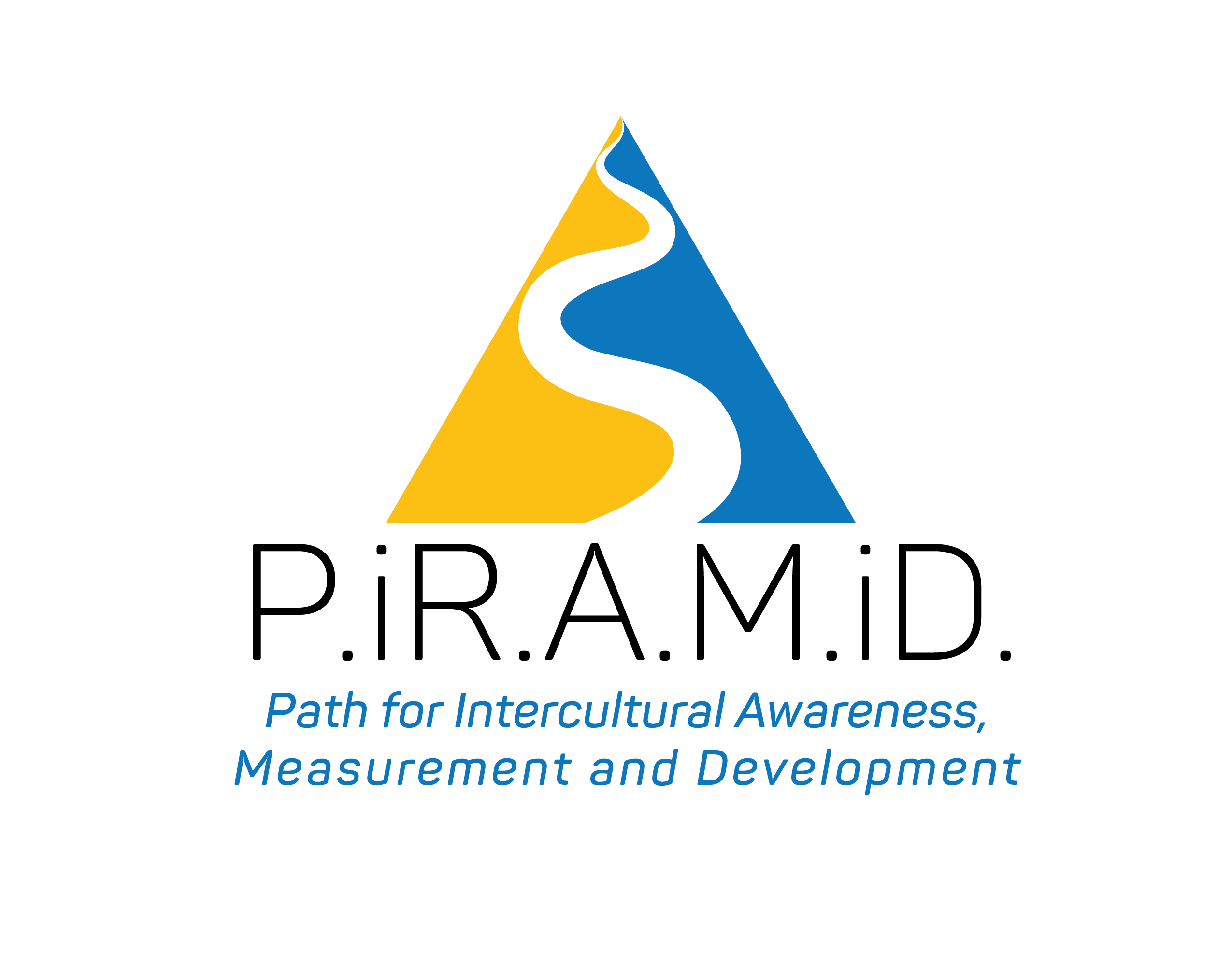This website use cookies to ensure you get the best experience on our website

P.IR.A.M.iD
2023-1-ES01-KA220-VET-000157060
Too blunt? The culture clash of feedback styles
12 May 2025

Feedback is a cornerstone of professional development, yet its delivery and reception vary significantly across cultures. What is considered constructive in one culture may be perceived as offensive in another. Richard D. Lewis, in his seminal work When Cultures Collide, delves into these nuances, highlighting how cultural backgrounds shape our approach to feedback.
Directness vs. indirectness: a cultural spectrum
Lewis categorizes cultures into three primary types, each one with distinct communication styles, especially concerning feedback. Linear-active cultures (e.g., Germany, USA, UK) value directness and clarity, and feedback is straightforward, aiming for efficiency and problem-solving. On the other hand, feedback may be delivered passionately, intertwining personal feelings with professional critique in multi-active cultures (e.g., Italy, Spain, Latin America), which emphasize emotional expressiveness.
Harmony and respect are crucial in reactive cultures (e.g., Japan, China, Finland), and feedback is often indirect, with a focus on non-verbal cues and subtlety. Lewis describes this group harmony in the following way:
"Reactive cultures listen before they leap. Reactive cultures are the world’s best listeners... They do not reply immediately. A decent period of silence after the speaker has stopped shows respect for the weight of the remarks."
This approach can be misinterpreted by those from more direct cultures as evasiveness or lack of opinion, when in fact, it's a sign of deep consideration.
Implications in international workplaces
Misunderstandings arise when feedback styles clash. For instance, a German manager's direct critique might unsettle a Japanese employee, who may perceive it as confrontational. Conversely, a Finnish supervisor's subtle hints might be overlooked by an American subordinate expecting explicit guidance. Recognizing and adapting to these differences is crucial. Lewis emphasizes the importance of cultural awareness in fostering effective communication and collaboration.
In conclusion, feedback is not a one-size-fits-all practice. Understanding the cultural underpinnings of feedback styles enhances interpersonal relationships and organizational efficiency. As Lewis aptly illustrates, embracing these differences paves the way for more harmonious and productive multicultural interactions.

This project has been funded with support from the European Commission.
This publication reflects the views only of the authors, and the Commission cannot be held responsible for any use which may be made of the information contained therein.
